The Two Mindsets Of Life
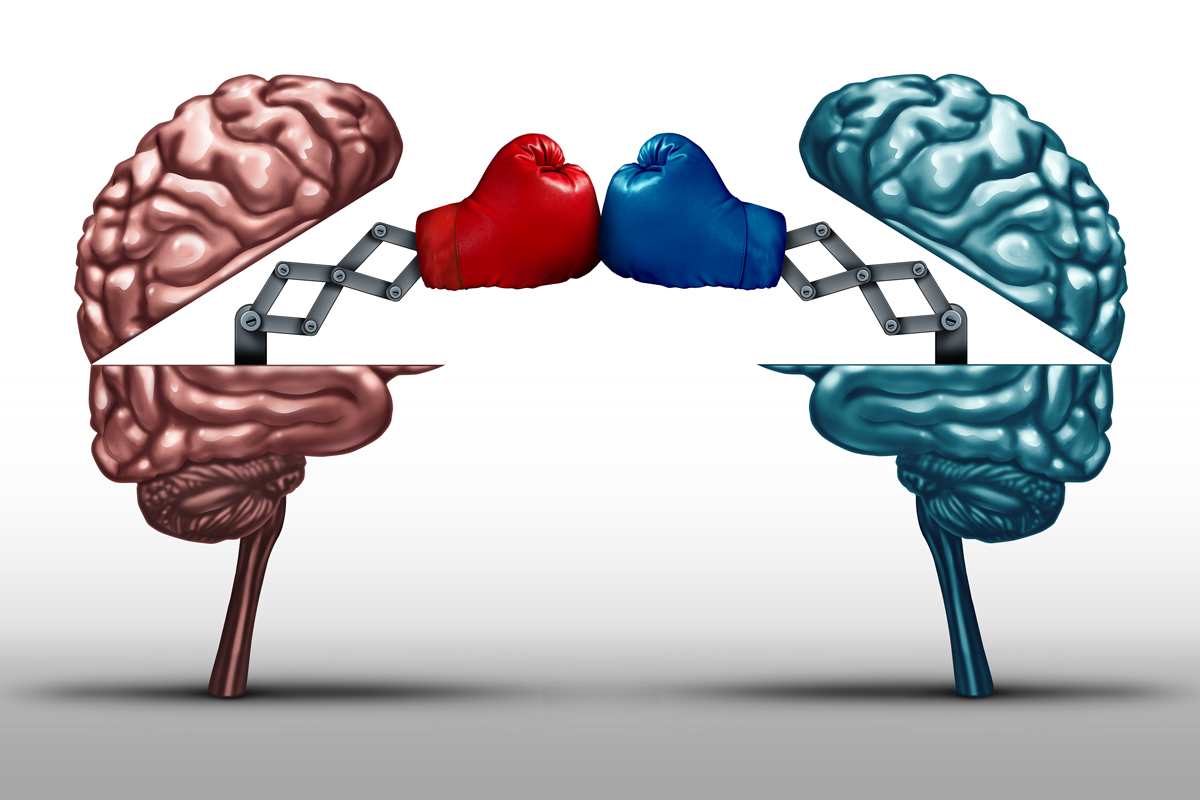
There are plenty of ways to categorize things. People who are taller than me, and people who aren’t. People who are older than you, and people who aren’t. Things that are edible, and things that aren’t. Things you can afford, and things you can’t. Carnivores and herbivores. Those with loaded guns, and those who dig.
Mindsets As Models
Mindsets are a way of looking at things. They are really metaphorical constructs, not actual circuits in our brain. If you took apart your computer, there would be parts that do certain things, and only certain things. But our brains are kind of different. We don’t even store certain memories in certain areas of our brain. At least that’s what they suspect.
What Are Mindsets?
Mindsets are a collection of filters. Sets of similar things. If you have the mindset of a seducer, for example, you’ll be sorting for certain people, and behaving in certain ways with a certain collection of acceptable outcomes. If you have the mindset of a fiction writer, you would have another collection of filters. Maybe you’d be a bit more inwardly focused. Maybe you’d be looking for interesting things out in the real world to help you create your fictional world.
Mindsets Are Not Set In Stone
One night you have the mindset of a seducer, where you behave and communicate in certain ways with certain people. But if your day job is a programmer, you’d have a completely different mindset at work.
Different Mindsets For Different Situations

Your mindset might easily shift based on the situation you are in. If you are walking to the supermarket while talking to your buddy about a yet to be determined summer vacation, you might have the mindset of an explorer. Imagining the best possible things that can happen. But as soon as you walk into the grocery story and pull out your shopping list (and suddenly focus on your limited budget) your explorer mindset would shut off and your bargain hunting mindset would click on.
Slow Changing Mindsets
Some mindsets are slow to change. If you are single, it might take a while to shift from an overarching mindset of being single to being in a relationship, since relationships usually take a while to form. The mindset of boyfriend to husband might change through the course of an hour’s ceremony. But the mindset of a husband to the mindset of a father might take a while. And once you accept the mindset of a father, that would inform much of your behavior for a long time.
Effectiveness Of Mindsets
If you wandered the grocery store while hungry, and only had a dollar, having the mindset of an explorer wouldn’t do you any good. If you were a father and husband, suddenly switching into the mindset of a player would be dangerous. If you called up your investment manager and decided to speak to him with the mindset of a gambler, that wouldn’t end well.
Certain Mindsets For Certain Locations
It’s easy to see how different mindsets are better for certain situations, but not others. It’s something that we humans normally do without thinking, but consider that being able to consciously shift to a more appropriate mindset would be more beneficial than just hoping your mindset changes on its own and everything works out.
Transitional Mindsets
Some mindsets are better for certain periods of your life, and others for other periods of your life. As we grow older, we will hopefully take on mindsets that are more appropriate as we age. Single player, boyfriend or girlfriend, spouse, parent, all of these tend to be shaped by the environment. We tend not to need to think about these, as there are sufficient incentives, both positive and negative, to keep us in the right mindset.
Two Meta Mindsets
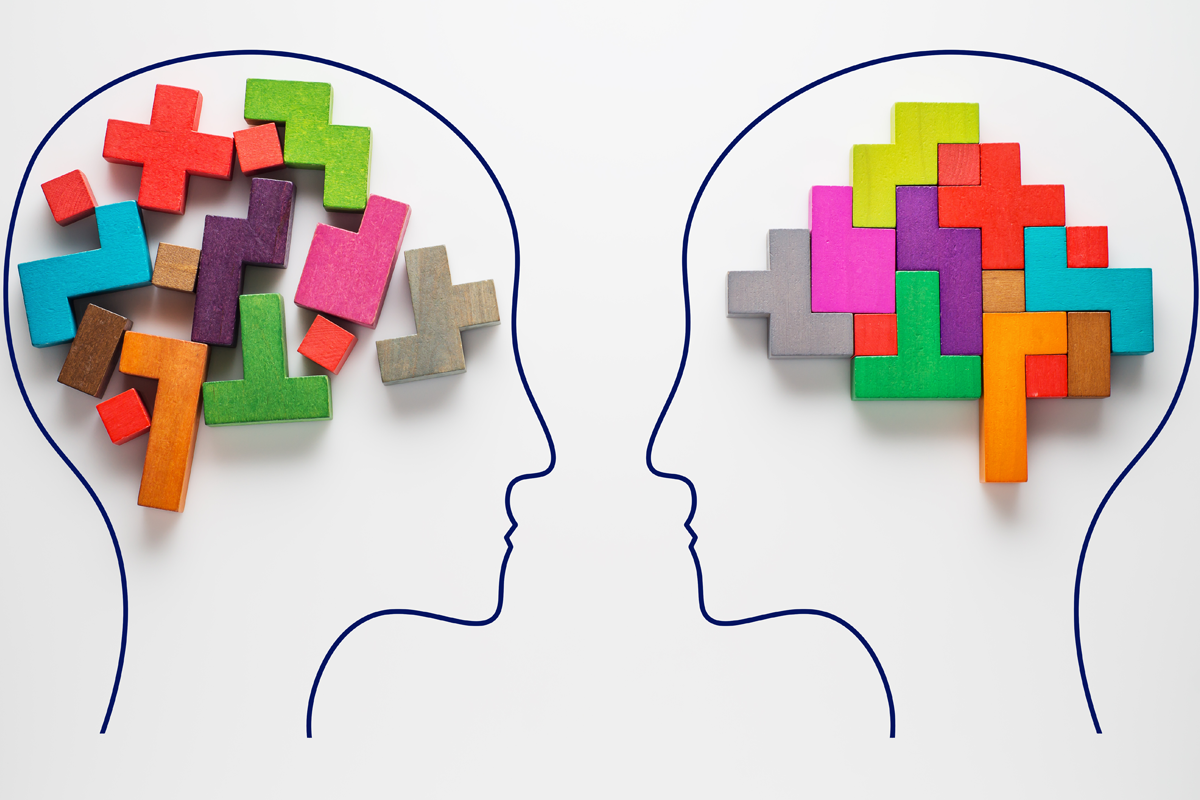
Consider that there are two meta mindsets that will either be one or the other, depending on what we are doing. For example, on planet Earth there are many, many things we could be doing, but it is always either day or night. It is never not one of these two.
Two Meta Mindsets And Their Appropriateness
These two mindsets are hard to define from the inside out. Due to our great skill of self deception, it can be very easy to slip from one of these mindsets into the other, without knowing it. Consider, however, that one mindset is much more resourceful than the other. Also realize that this much more resourceful mindset is very difficult to maintain for very long, for a great number of people.
Children and Adults
We’ll call these two mindsets the childhood mindset and the adult mindset. Both are appropriate for different phases of life, but the older we get, the harder it is to distinguish between the two.
Evolutionary Reasons
It’s always a good idea to see if we can describe any human trait based on our evolutionary past as hunter-gathers. Otherwise we might find ourselves trapped in circular arguments whose only purpose is to get us feeling good about ourselves, rather than understanding any biological or scientific reason for why we are the way we are.
Hunter Gather Societies
Children in hunter-gatherer societies were extremely resource intensive. They required a lot of attention and care. They did not produce, they only received a part of the production of others. The older they got, the more they were encouraged to participate in producing.
Essential Transition
In ancient societies, the transition from a childhood mindset (receiver) to an adult mindset (provider) was essential. Let’s consider two tribes of people. The people of one tribe made the transition when they were 16 years old. The people of the other tribe made the transition when they were twenty years old.
It’s not difficult to see how the first tribe (transition from child to adult at 16) would be more productive. As soon as a member switched from child to adult, that would be a significant net gain in production. Of course, the transition was much more gradual, but let’s assume for this mind experiment it happened all at once on their 16th birthday. (We’ll also assume they had some kind of calendar system which wasn’t likely, but we’ll just assume one for this mind experiment). As soon as tribal member switched from being a receiver to a producer, the tribe would gain in productivity.
The new 16 y/o hunter or gatherer would be productive, when the day before they weren’t. Assuming al members made the shift at 16 years old, this tribe would be more productive overall.
Complete Transition
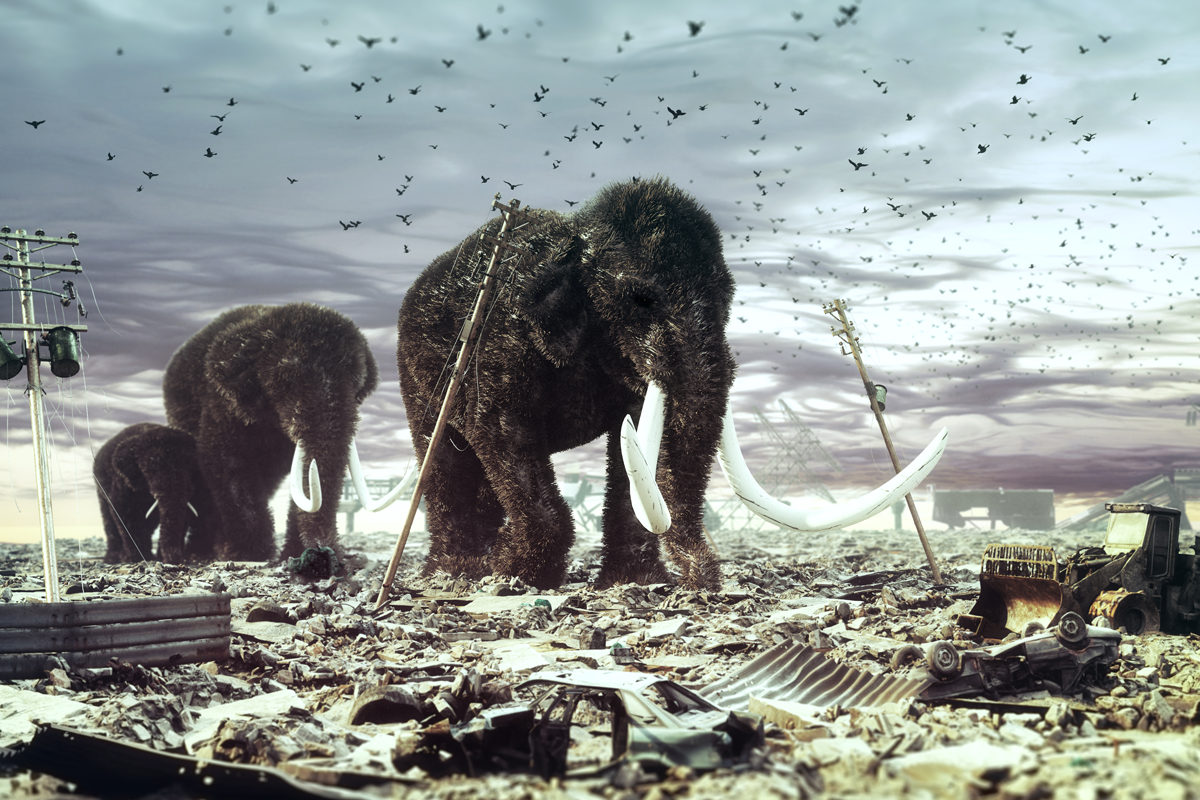
It’s also easy to see how tribal members would make a more or less complete transition from childhood mindset to adult mindset. Sure, they might take a while to hone their hunting skills, but they would not be idly sitting around waiting for somebody to come and feed them.
Beginning Of Responsibility
Once they made the shift, they would realize that they needed to carry their own weight. They would feel the truth of the ancient law of the jungle, “if you don’t kill, you don’t eat.” They would be extremely motivated every single day to at least help kill or get something the tribe could eat. For each individual, they felt a real and ever present necessity to produce at least as much as they consumed. Few ancient hunter-gatherers could consume more than they produced for very long.
Everybody knew everybody, and for one member to continually consume more than they produced, there was another member or members who were producing far more than they consumed.
The Freeloader Problem
Economists tell us that when agriculture was developed, a new problem came along with it called the “Freeloader Problem.” Due to the size of the societies, it was possible to consume more than you produced, without anybody ever knowing.
The full feeling of the law of the jungle was avoidable. It was possible to coast and still get enough to eat, and get a place to sleep. It was very possible to consume more than you actually produced for a long time before anybody actually caught on. The food produced was much more diverse. Societies were large and only people that lived close to one another know each other as well as their hunter-gatherer ancestors.
Modern Childhood Mindset Components
In the modern world, the childhood mindset shows up whenever we look outside ourselves to solutions to our problems. At its most fundamental level, the child feels a need, and cries. The adults who are responsible for the child fix the child’s problem. Between parent and child, there is a genetically programmed feedback system.
If the child feels any discomfort, he or she cries. The parent, via a trial and error problem solving strategy, attempts to quiet the child. The underlying assumption is that when the child becomes quiet, the problem has been solved.
Adult Children
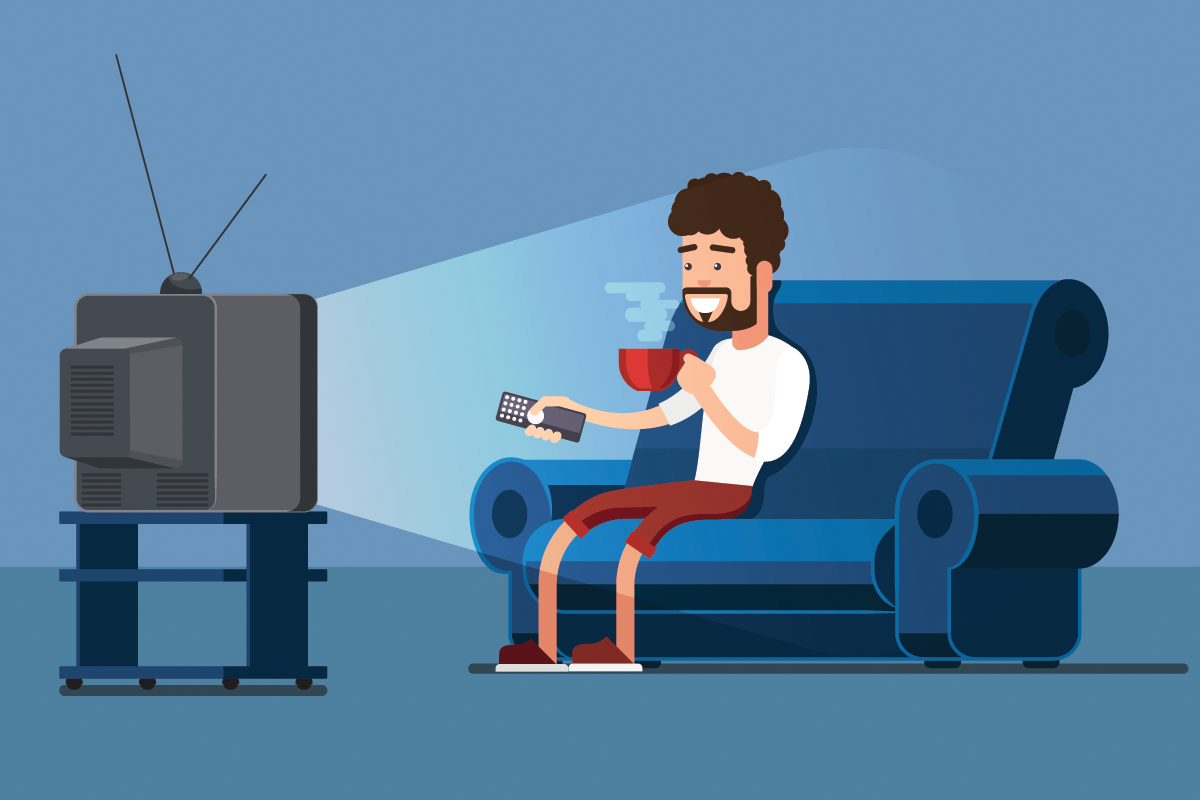
Whenever adults see themselves as helpless to solve their own problems, and seek others with more power or resources than themselves, they are applying the childhood mindset. At this point, this is just a structural description, we aren’t yet making any judgments on the effectiveness or resourcefulness of this mindset.
Benefits Of Adult Children
One benefit might be that we never totally feel alone. There is always somebody “higher than us” that is responsible for taking care of us. For most humans this seems to be preferable to having to go it alone and sink or swim on our own. Essentially, this is always about access to resources. If we are in physical pain or ill, we need access to heath care. Other resources are monetary, safety or even food.
Dependency Vs. Risk
If we were to strike out on our own to acquire the needed resources, we would necessarily experience risk. However, if we are dependent on others, we never need experience risk. For many, having less resources without risk (depending on others) is preferable to potentially having more resources with the accompanying risk those additional resources would require.
Responsibility And Dependency
Our sense of self responsibility is inversely proportional to the amount of dependency we feel on others. The more we depend on other systems or groups outside of our control, the less responsible we will feel. The more responsibility we are willing to take on, the less dependent we will be on others.
Moral Hazard
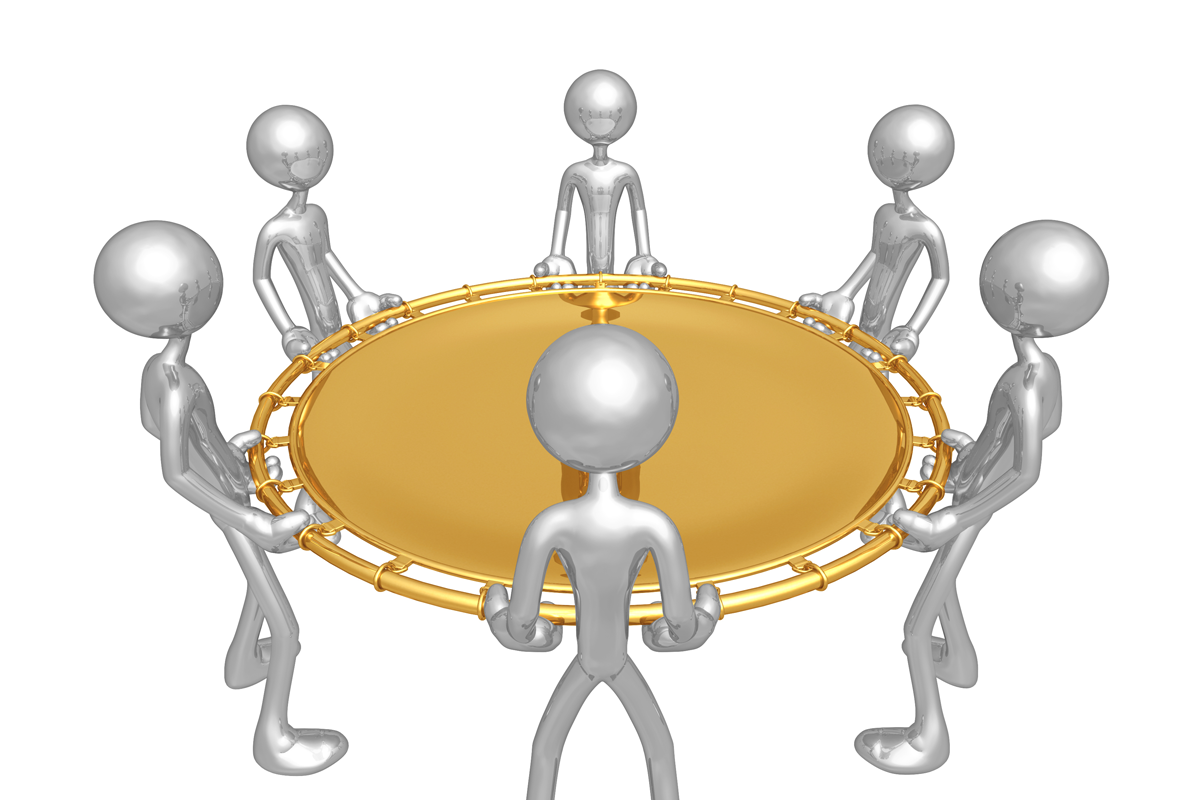
The idea of moral hazard is present in many areas of daily life. Moral Hazard can be defined as any change in our behavior due to any built in safety net. For example, several years ago, a few states had yet to enact seat belt laws. In states that went from having no seat belt laws to requiring that everybody wore seat belts, and interesting outcome happened.
The amount of accidents increased slightly. The ostensible reason for enacting seat belt laws was to decrease the amount of costs incurred by accidents. But once all people were required to wear seat belts, the number of accidents increased. This is explainable due to Moral Hazard. Imagine a hundred thousand people who drive every day without wearing a seat belt.
Because they aren’t wearing a seatbelt, they would be slightly more wary of crashing, as they subconsciously would expect significant injury. But once they started wearing seat belts they felt subconsciously protected against accidents, and drove slightly more dangerously as a result. With a hundred thousand people each driving slightly more dangerously, the amount of accidents increased.
Moral Hazard And Childhood Mindset
It could be that the childhood mindset is proportional to the amount of moral hazard. The existence of doctors, and the belief in a right to health care would make individuals much less likely to take full responsibility for their own health. If they believe they have a right to health care, and they see commercials on TV programming them to believe there is a pill for every problem, they would soon believe that their health is somebody else’s responsibility.
Hidden Costs Of Childhood Mindset
The costs of the childhood mindset are that they decrease the individuals ability to fix things when the others (that are supposed to fix them ) aren’t available. They also make individuals with a strong childhood mindset very dependent on those who are supposed to do the fixing.
On a very basic level, young children are absolutely dependent on adults for their survival. Adult children, even who have decent jobs and healthy finances, wouldn’t be able to fend for themselves if certain support structures of society suddenly collapsed.
Can Risk Truly Be Avoided?
The most compelling reason for staying in the childhood mindset is it removes risk. We all live within a system of safety nets. These safety nets support us, but they also create moral hazards which tend to make us more dependent on those safety nets. The more we become dependent on those safety nets, the more we would be in trouble should they suddenly disappear.
It would seem that the short term risks have only been delayed. The longer we delay short term risk (by creating more and more safety nets) the more we risk everything, should the safety nets suddenly fail, or fail for certain people.
The Mathematical Limits Of Safety Nets
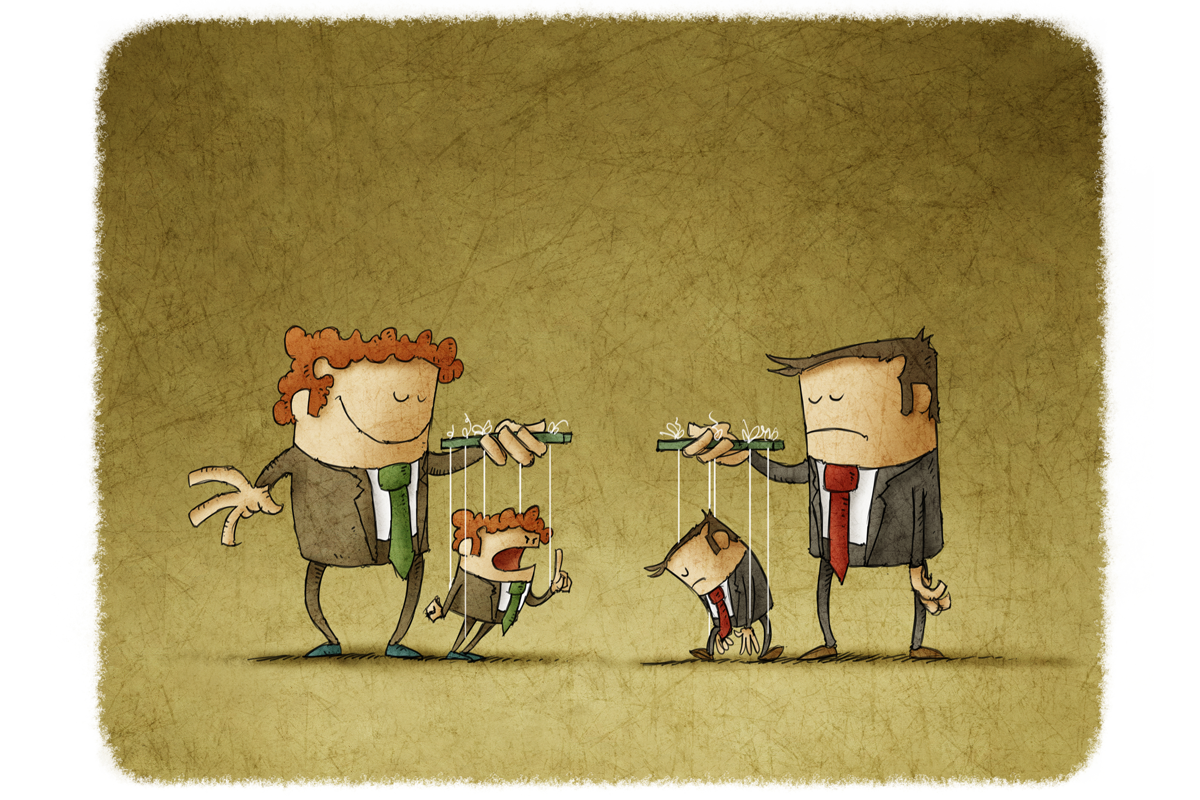
Safety nets require support of people who don’t need them. They require maintenance, funding, upkeep, (in whatever form they are). But since safety nets create moral hazards that increase our reliance on those same safety nets, there comes a tipping point where the safety nets are not big enough to support everybody.
If you rely on safety nets your entire life, there may come a time where you are one of the unlucky few who don’t get to benefit from those same safety nets. Needless to say, this is a very bad position to be in. Not knowing how to survive without the safety not, but not having access to it. It is quite possible that the biggest risk of all is doing everything in the short term to avoid the risk of self-responsibility.
Adult Mindset
The adult mindset is the opposite of the childhood mindset. In the short term, the adult mindset is uncomfortable, terrifying even. You only have yourself, and if you fail, then you have nobody else. It’s particularly hard to develop the adult mindset when everybody around you is taking full advantage of any available safety nets or forces bigger than themselves to satisfy their needs.
But in the long run, cultivating an adult mindset is very helpful. Being responsible for everything can be difficult, but it allows for much more freedom, much more creativity and much more flexibility.
Self Ownership
Ultimately it boils down to who owns your decisions. You, or the people who are responsible for taking care of you? As children we don’t have much choice but to do what our caretakers want us to do. But if we are in the same situations as adults, our potential can be severely shunted.
How To Cultivate The Adult Mindset

Even if living under a full system of safety nets and systems bigger than yourself, it’s very possible to cultivate the adult mindset. Take time every day to consider all of your choices. Practice doing a cost-benefit analysis of all of your financial decisions, your health decisions and your relationship and social decisions.
Avoid the temptation of the childhood mindset to let others make your decisions for you. It’s not easy, it’s not natural, but consider that exercising your adult mindset is just as important as exercising your physical body.
Everybody Wants A Leader
Even with a system of safety nets and entities larger and more powerful than ourselves, consider that cultivating the adult mindset of owning and being responsible for your decisions will make you a very enticing person. A natural leader that others will eagerly follow. Natural leaders tend to make more money, and are more desirable socially.
Own Your Thinking
It all begins with how you think about thinking. Do you defer to the childhood mindset, and do what you’re told in order to be taken care of? Or do you crave autonomy and the freedom and creativity that comes with independent thinking? Your mind and decision making capabilities are powerful tools. Don’t let others take over them for their benefit. It may one day cost your dearly.
Learn More

Mind Persuasion has plenty of books and courses designed to help you improve in all areas of your life.
Mind Persuasion Books
Mind Persuasion Courses